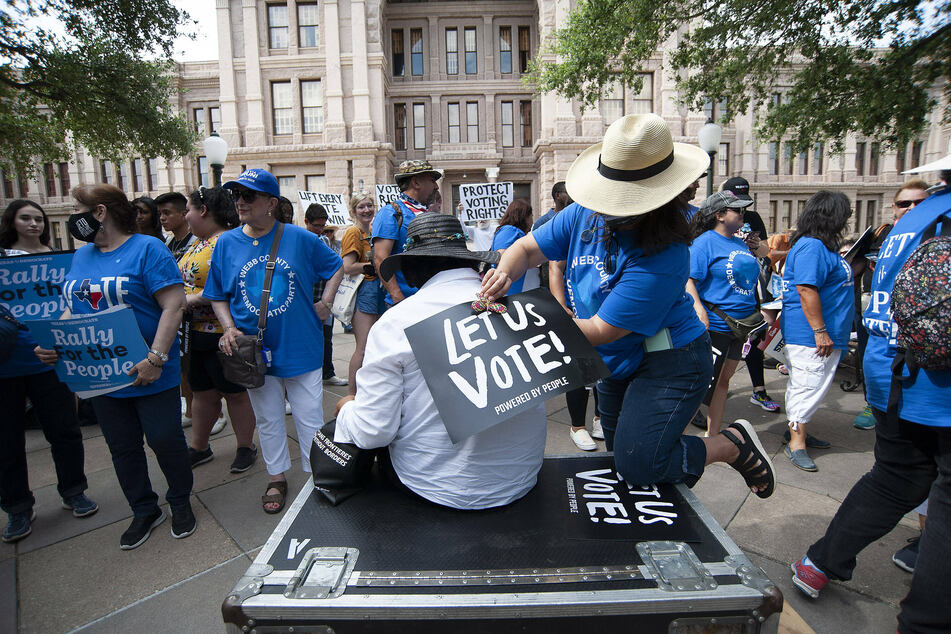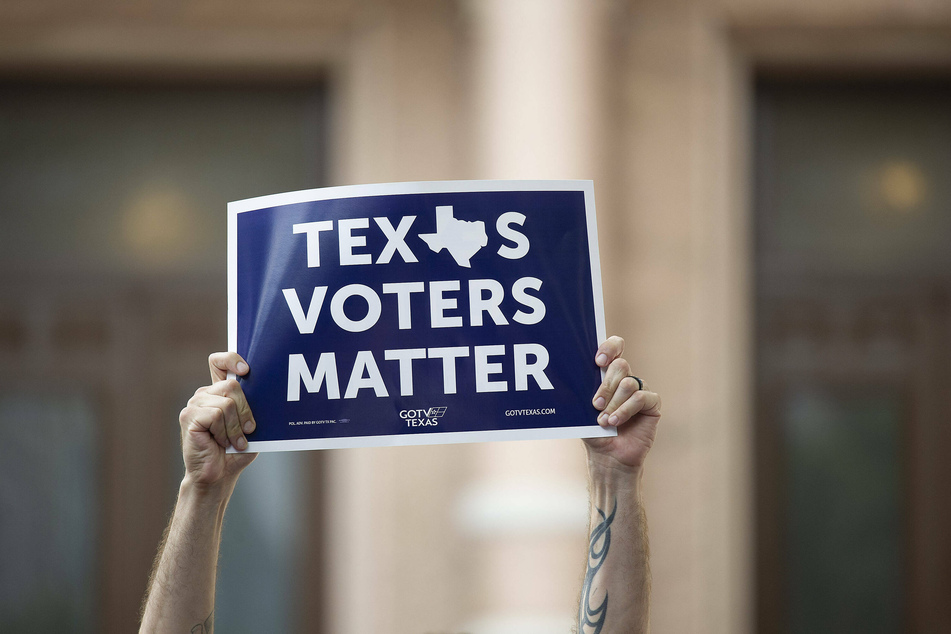Texas legislative chambers reveal new plans to revive restrictive voting law
Austin, Texas – Texas Republicans are employing new tactics to pass restrictive voting measures in a special legislative session that began on Thursday.

Texas Republicans are serious about passing their restrictive voting law after state Democrats successfully staged a walkout and killed the bill during the final hours of the regular legislative session last May. Apparently still incensed by the defeat, Governor Greg Abbott on Wednesday named "election integrity" one of his top priority items going into the current session.
Unlike during the regular legislative session, the Texas House and Senate now seem more closely aligned from the get go this time around, according to the Texas Tribune. Senate Bill 1 and House Bill 3 outline many similar measures to curb ballot access measures, particularly those employed during the coronavirus pandemic in Harris County, home to the state's largest city of Houston.
Some of the proposed restrictions are familiar, including a ban on drive-thru voting, a limitation on early voting hours, and a ban on 24-hour voting. SB1 and HB3 also recycle the ban on proactively distributing mail-in ballots, with the House version making it a state felony crime.
Both versions also call for tougher ID laws for voting by mail, including requirements to provide a driver's license number or the last four numbers of your social security number. The information provided on the ballot and on the envelope must also match exactly for the vote to count.
Partisan poll watchers will also be granted increased autonomy under both bills, giving them "free movement" in the polling place so long as they are not hovering directly over a voter's shoulder while they fill out their ballot.
These measures have all been determined to disproportionately disenfranchise voters of color, and many of them have their roots in historic intimidation tactics used to discourage minorities from exercising their right to vote.
SB1 and HB3 include several changes and new additions

Not everything included in the two bills is a repeat of the version pushed during the regular session. GOP lawmakers also added new provisions to SB1 and HB3.
For example, Republicans seem to have conceded to Democrats by adding procedures to correct mail-in ballots, which are often rejected if missing a signature.
In another concession to Democrats, HB3 includes a provision requiring judges to inform individuals if a conviction will prevent them from voting. It will also make it necessary to provide additional evidence besides a provisional ballot to convict a person of voter fraud. The measures were inspired by the case of Crystal Mason, a Tarrant County woman sentenced to five years in prison for casting a provisional ballot in 2016 without knowing that her prior tax-fraud conviction made her ineligible to vote.
Both chambers further removed one of the most blatant and high-profile attempts to limit Black Texans' ballot access: a proposed delay of early voting hours on Sundays which would impact Black voters who tend to head to the polls right after getting out of church, a phenomenon often referred to as "souls to the polls."
SB1 includes a provision calling for monthly reviews of the state's massive voter rolls to scan for non-citizens. The Texas secretary of state's office would be responsible for comparing the voter registration list with data from the Department of Public Safety, looking for instances where voters listed themselves as non-citizens when getting or renewing their driver's license or ID.
Such reviews have previously been characterized as disproportionately targeting naturalized citizens.
Cover photo: IMAGO / ZUMA Wire

